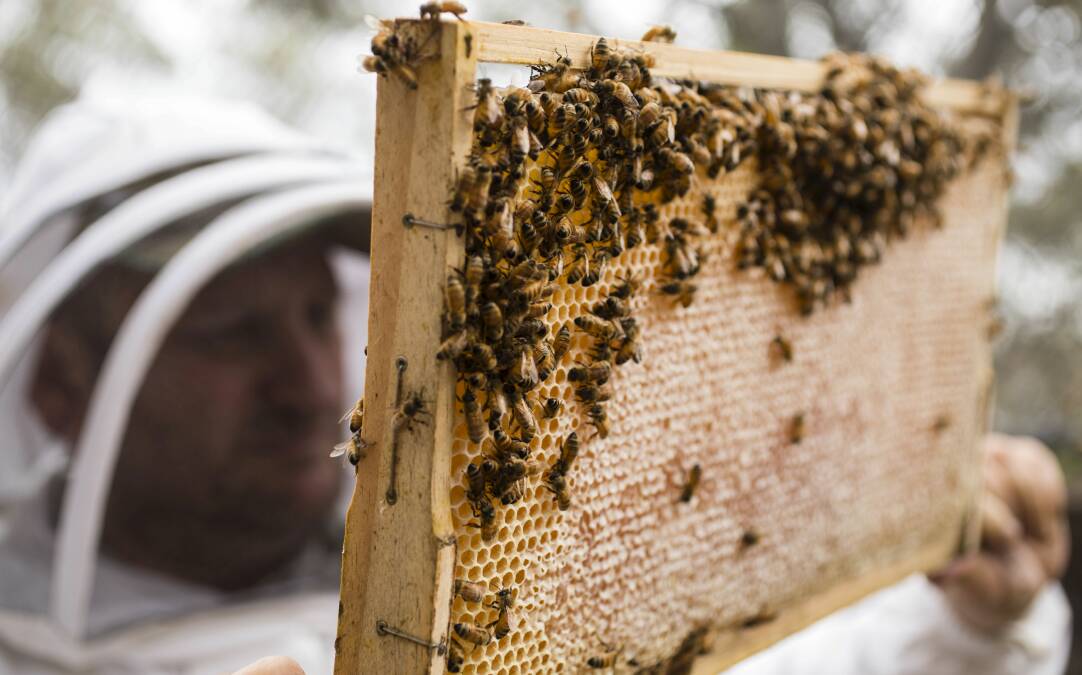
INSPECTORS for NSW Department of Primary Industries have confirmed another five new varroa mite detections, the state government has confirmed.
The new detections are all in the Hunter - at Anna Bay, Heatherbrae, Williamtown, Mayfield and Lambton - and take the total number of infected sites to 24.
Acting chief plant protection officer Dr Chris Anderson confirmed all the premises fall within the existing emergency zones. Port Stephens was added to the list of zones, where bees are likely to be destroyed, in an announcement late on Sunday.
The varroa destructor mite, potentially catastrophic to the country's bee industry, was first detected in sentinel hives at the Port of Newcastle on June 22.
"NSW DPI has established emergency zones around the infested premises and has put significant measures in place to stop the spread of the Varroa mite," Dr Anderson said.
"As per the agreed response plan with industry, NSW DPI will commence euthanising all hives and equipment on the property, with the assistance of the owner.
"All movements of hives and equipment onto and off the property over the past 12 months will be traced, and risk analysis and surveillance with beekeepers will be conducted in the area to minimise further spread."
Hives with varroa in Narrabri have been connected to Newcastle's outbreak, DPI has said.
All beekeepers and property owners with hives on their land within the 50km emergency zone of Narrabri are urged to report their hives through the DPI website.
"NSW DPI continues to ask people who have acquired honeybees (including queen bees, nucleus hives and hives with honeybees) from within the 50km emergency notification zone the Port of Newcastle in the last 12-months to report them to help ensure business continuity for the bee industry," Dr Anderson said.
"The communities in the surveillance zones are also asked to report feral honeybee hives.
"Community reporting is an invaluable component of our control measures and we are all in this together."
Hive inspections in the surveillance zone around Calga on the Central Coast are expected to begin over the next week.
Throughout the remainder of NSW, no beehives or honeybees may be moved.







